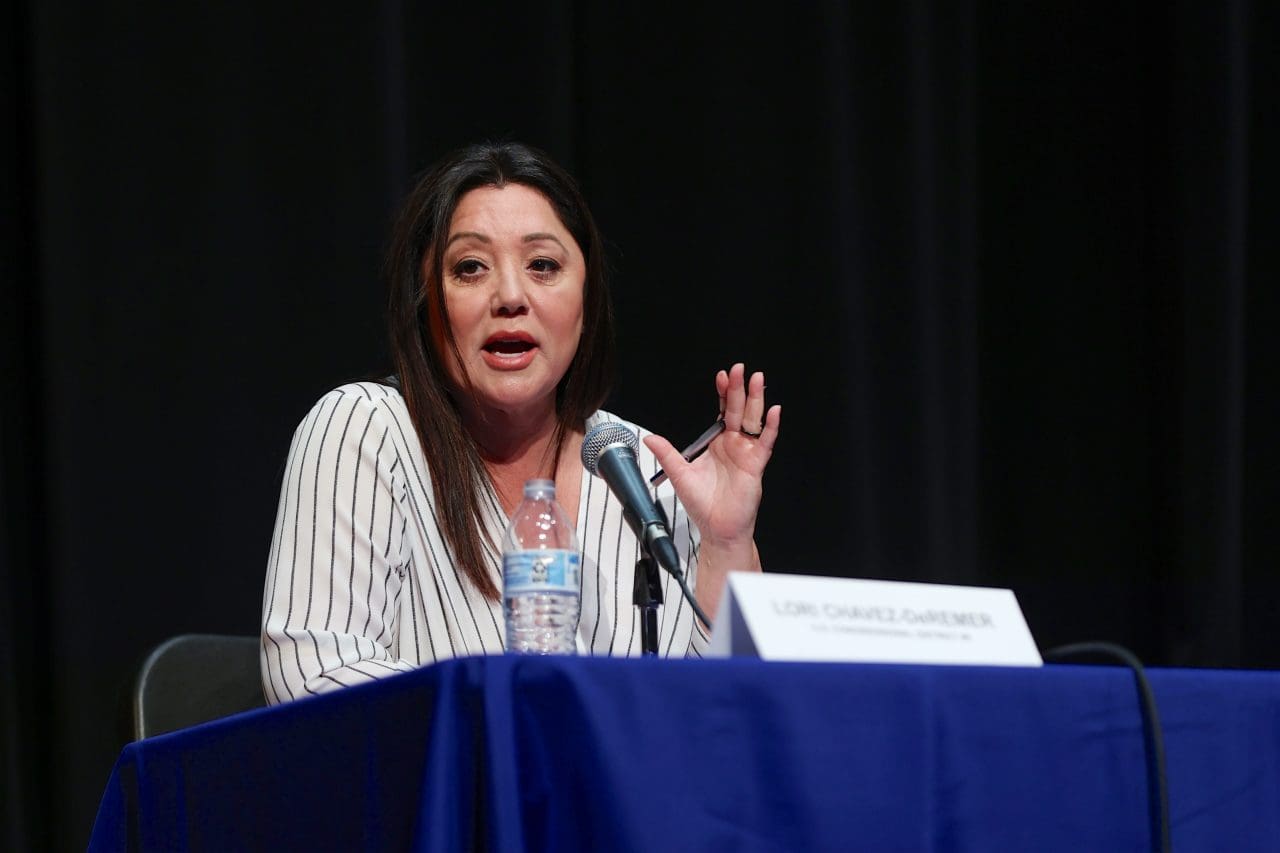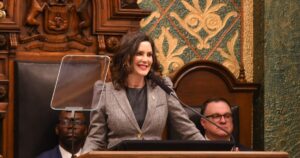Trump’s Labor Secretary Pick: A Lone Pro-Union Voice in a Predominantly Anti-Union Cabinet
In a surprising move, President-elect Donald Trump has selected a union-backed Republican to lead the Department of Labor, despite surrounding her with a team known for their opposition to union interests.
The nomination of Oregon Representative Lori Chavez-DeRemer as Secretary of Labor on November 22 has been met with praise from labor circles. Chavez-DeRemer, who joined Congress in 2023 but lost her recent reelection bid to Democrat Janelle Bynum, has a history of union support. Her 2024 campaign was endorsed by several labor organizations, including the International Brotherhood of Teamsters and the Association of Flight Attendants. Notably, she is among the rare Republican representatives to back the PRO Act, a legislative effort designed to bolster workers’ rights to unionize and negotiate collectively.
Teamsters president Sean O’Brien endorsed the choice of Chavez-DeRemer in an op-ed, stating she “is the exact type of champion for the American worker that Republicans should get behind if they are serious about becoming the working-class party.”
However, Chavez-DeRemer’s pro-labor stance is expected to face challenges within Trump’s administration, which includes several officials with records of opposing workers’ rights. Vice President-elect J.D. Vance, who has a 0% rating from the AFL-CIO due to his voting history since joining the Senate in 2023, exemplifies this trend.
Earlier this year, Vance, alongside Florida Senator Marco Rubio—Trump’s nominee for Secretary of State—introduced a new version of the TEAM Act. This bill aims to establish employer-led workplace committees as alternatives to unionization, which would require weakening federal protections for collective bargaining. Although the bill did not pass, Project 2025, a policy blueprint by the Heritage Foundation for a potential second Trump term, advocates for its revival.
Other key figures in Trump’s team also reflect anti-union sentiments. Russ Vought, one of the principal authors of Project 2025, is set to lead the Office of Management and Budget. Brendan Carr, another contributor to the project, has been chosen to chair the Federal Communications Commission. Meanwhile, Pam Bondi, a former Florida Attorney General and Trump’s pick for the Department of Justice, has historically supported right-to-work laws. Critics argue such laws weaken union influence and degrade working conditions.
Bondi’s record includes opposing a National Labor Relations Board (NLRB) complaint against Boeing in 2011, which alleged that Boeing relocated operations to right-to-work states to avoid union involvement and reduce wages.
New York Representative Elise Stefanik, nominated by Trump as Ambassador to the United Nations, and Florida Representative Michael Waltz, the incoming national security adviser, both co-sponsored the National Right-to-Work Act last year, which has yet to receive a full House vote.
Additionally, Elon Musk, a billionaire and unofficial adviser to Trump, has been noted for his anti-union stance. In 2018, Musk warned Tesla employees in a social media post that unionizing could cost them their stock options. SpaceX, Musk’s space venture, faced a NLRB complaint in July after eight employees alleged they were terminated for critiquing Musk, leading SpaceX to join a lawsuit contesting the NLRB’s constitutionality.
At a New York Times event last year, Musk expressed his skepticism about unions, stating, “I disagree with the idea of unions … I just don’t like anything which creates a lords and peasants sort of thing.”
While Chavez-DeRemer garnered some union support during her campaign, endorsements were not unanimous. Bynum’s campaign received backing from AFSME, AFL-CIO, SEIU, and the United Auto Workers.
Efforts to obtain comments from a Trump transition team spokesperson were unsuccessful.






